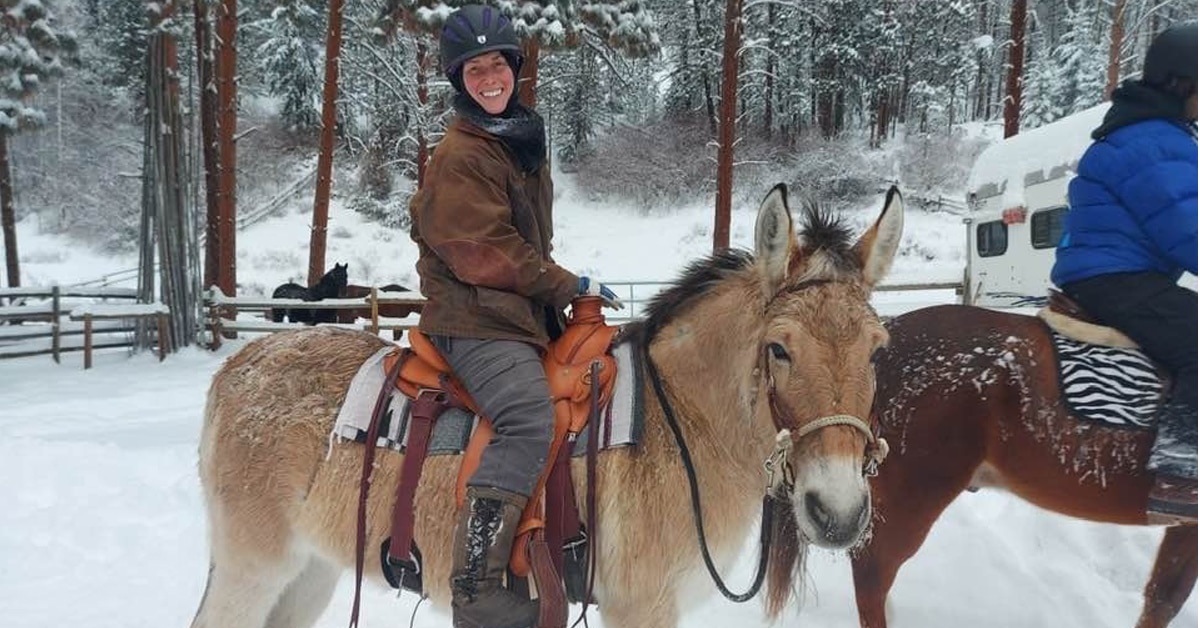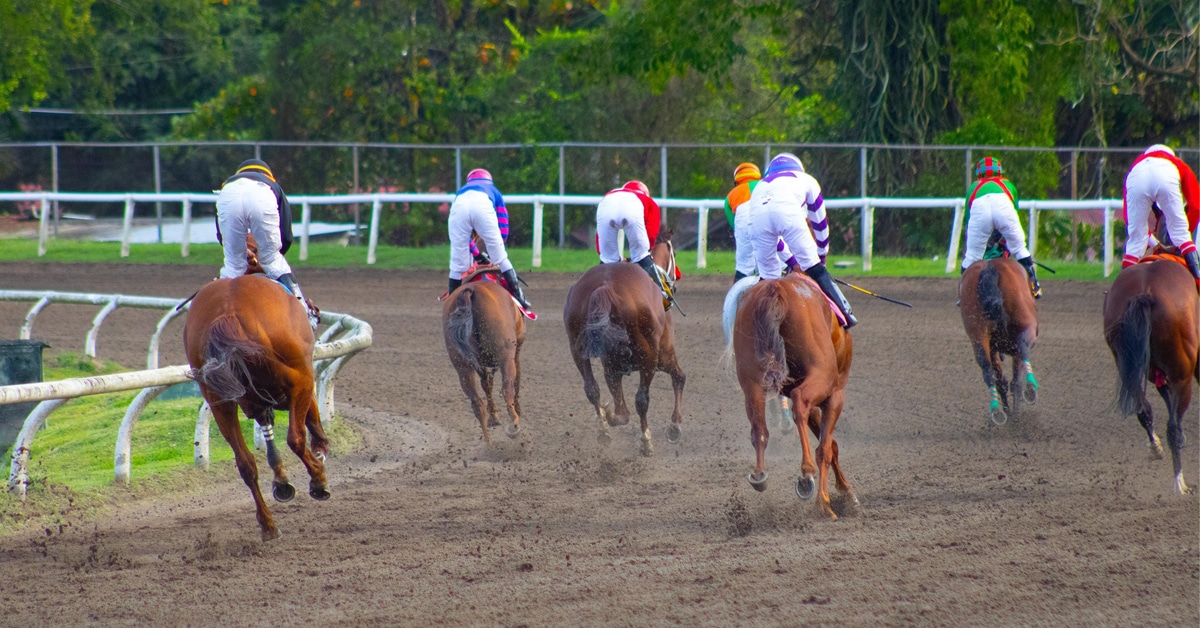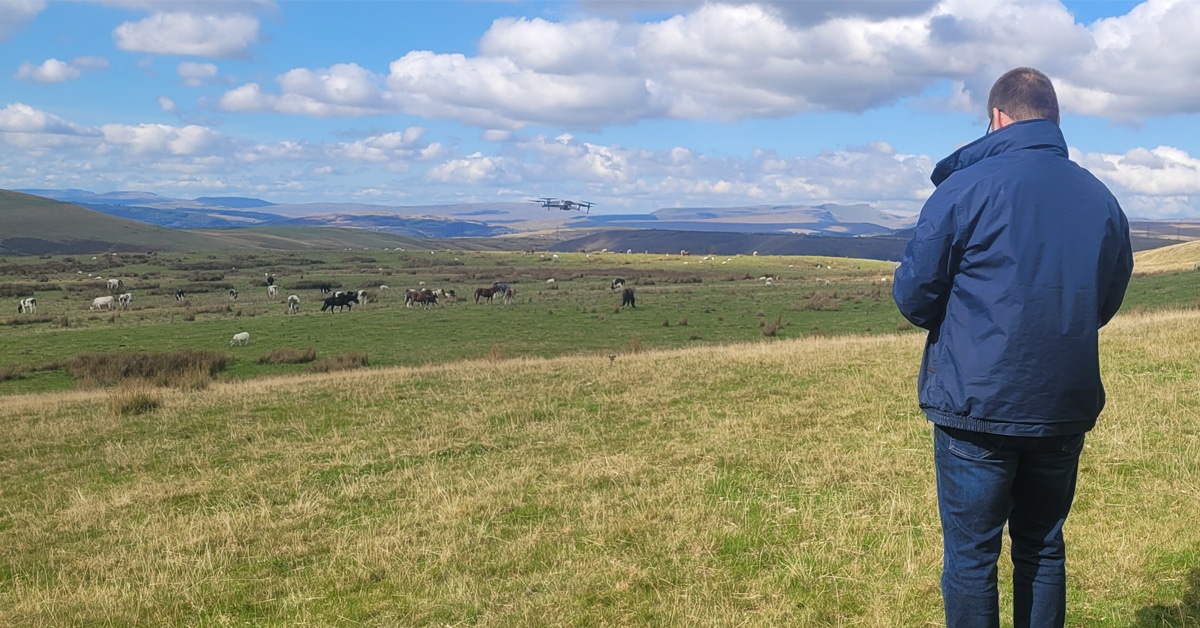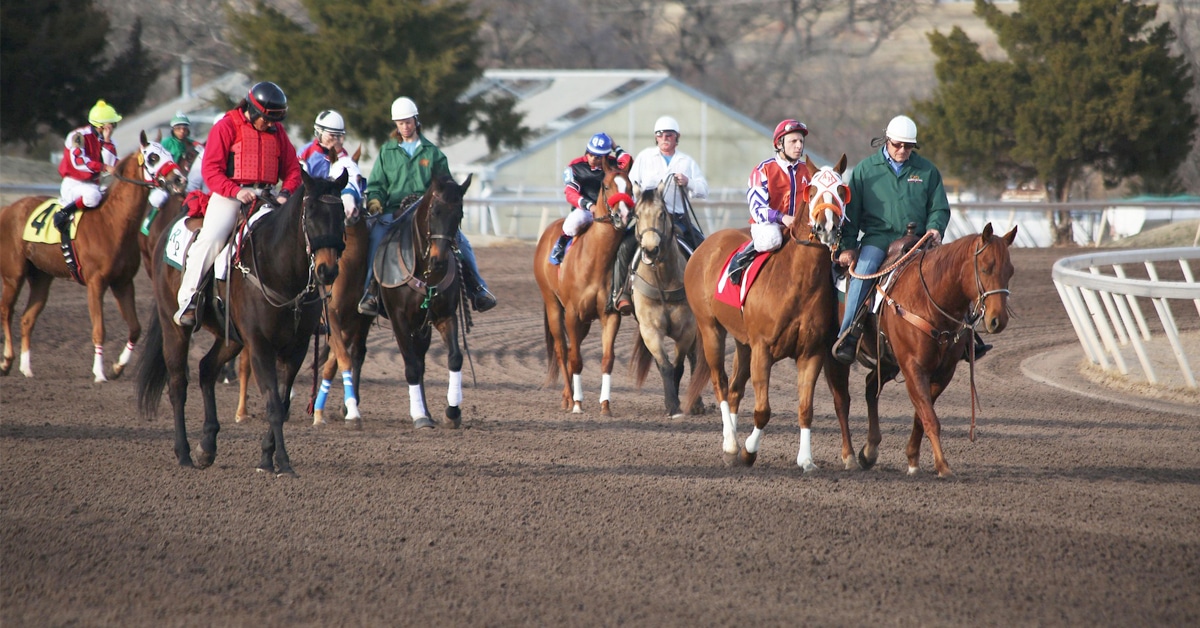My wife Krista has been an equine instructor for most of our married lives – 18 years (or 126 dog years). My kids both ride constantly, we’re involved in Pony Club, there are horse shows, hunts, and last week my daughter went to a polo clinic. Honestly, who goes to a polo clinic? Sometimes, just for fun, we put the ponies on the trailer and drive around back roads looking for a dressage show to crash.
As a result of all this trailering, I’ve become reasonably competent at getting the critters loaded up. It took me a while, as the experience gained from 20 years of herding cattle was practically useless when dealing with considerably more skittish horses. But, particularly during the years where we’d be firing multiple lesson ponies onto multiple trailers in a field in the middle of nowhere during a thundering hailstorm, I gained a fair bit of experience at it. Now, I can pretty much get any horse into any trailer. I can get anything under 14 hands into a mailbox if I need to.
As in any social setting, there are certain conventions of behaviour at a horse show. You drive slowly through the parking area. You don’t let the kids run around in the warm-up ring, and you don’t even blink when someone’s riding a dressage test. You always politely clap at the end of a hunter course, despite the fact that the riders have accomplished practically nothing. But one of the first lessons that I learned, was that people never, ever want your help putting their horse on their trailer. Ever! Even if they’re utterly hopeless at it.
One afternoon, I had three loads to take back to the barn, with a 60-minute turnaround. A poor woman spent those entire two and half hours coercing her $30,000 horse into her $40,000 trailer – without success. I offered help each time I passed, but was soundly rebuffed. The guy riding shotgun with me had been loading Thoroughbreds onto step-up trailers and shoving them into starting gates for about 40 years. I told her that fact (thinking that it would make her more likely to accept our help) but she assured me that she’d watched a clinic on it, and had the situation under control. She was “just waiting for the tranquilizers to kick in.” I assumed for the horse, but after nearly three hours, I suppose that the tranquilizers might have been for her.
Three hours of brooms and buggy whips and clickers, and not looking the horse in the eye, and grain, and bags over the head, and utter and complete failure. Forty years of experience handling some of the most dangerous horses in the world was trumped by a two-hour trailering clinic at a fall fair.
When I realized that I was going to spend a large percentage of my free time loading up in hay fields converted to parking lots, I knew that I needed to find the folks who were best at it and see what they did. The answer was that they had many different methods, but the common thread was that they’d all done it about 10,000 times. Imagine that – practicing made them better! There are only a handful of things that people will try to do three times a year, and still somehow miraculously expect to be good at. Golf would be one of those things. Setting off fireworks would be another. For me, it’s eating vegetables. Putting horses on trailers is a fourth – and all four lead to crying or trips to the hospital.
People will go to remarkable lengths to avoid the situation. I’ve known folks to ride for miles to a show instead of loading up. Many have told me that they lose sleep the night before every trip, due to the stress and worry of those half dozen steps up the ramp.
But the answer is pretty simple, you won’t find success at a clinic, reading a book, or joining a Facebook trailering group. Rather, find somebody who’s loaded a Tasmanian devil into a Styrofoam Igloo cooler a few hundred times, develop some humility, and have them help you. Do it a 100 times, and you won’t need their help anymore – a few more 100 times, and you can teach someone else. It’s the trailering circle of life. This is how equine knowledge has been passed down from generation to generation for thousands of years – even without the Internet.
The Latest









